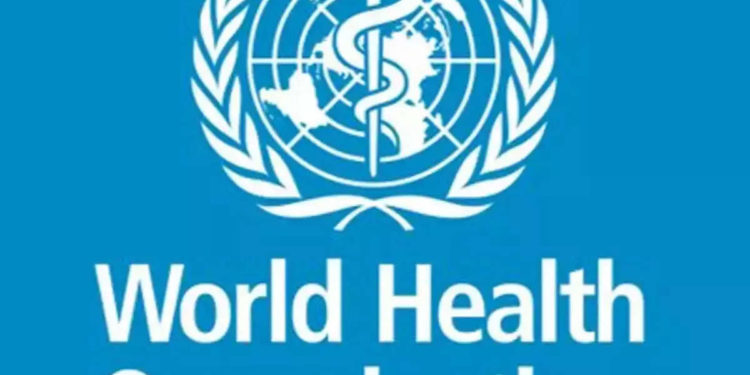The World Health Organisation (WHO) has unveiled a bold new initiative urging countries to raise the real prices of tobacco, alcohol, and sugary drinks by at least 50% through targeted health taxes by 2035.
The initiative, dubbed “3 by 35”, aims to combat the rising toll of noncommunicable diseases (NCDs), ease pressure on overburdened health systems, and boost domestic revenues amid declining development aid and mounting public debt.
According to the WHO, the consumption of the products was a leading cause of NCDs such as heart disease, cancer, and diabetes, which now account for over 75% of global deaths.
A recent WHO-supported report suggests that a one-time 50% price hike on the harmful products could prevent up to 50 million premature deaths over the next 50 years, while generating billions in revenue that can be reinvested in healthcare and social development.
“Health taxes are one of the most efficient tools we have. They cut the consumption of harmful products and create revenue that governments can reinvest in healthcare, education, and social protection. It’s time to act,” said Dr Jeremy Farrar, WHO’s Assistant Director-General for Health Promotion and Disease Prevention and Control.
As part of the “3 by 35” strategy, WHO has set a target of raising $1 trillion in additional revenue over the next decade through health taxes.
The organisation insisted that the target was ambitious but achievable. Between 2012 and 2022, nearly 140 countries raised tobacco taxes, leading to an average real price increase of over 50%.
The WHO cited countries like Colombia and South Africa, which have seen both reduced consumption and increased revenues following the implementation of health taxes.
However, the agency warned that tax breaks and investment agreements in many countries continue to shield unhealthy industries, particularly tobacco, hampering public health goals. They called on governments to review and eliminate such exemptions.
The initiative came as more governments expressed interest in building domestically funded, self-reliant health systems and sought WHO’s support in designing effective fiscal policies.



